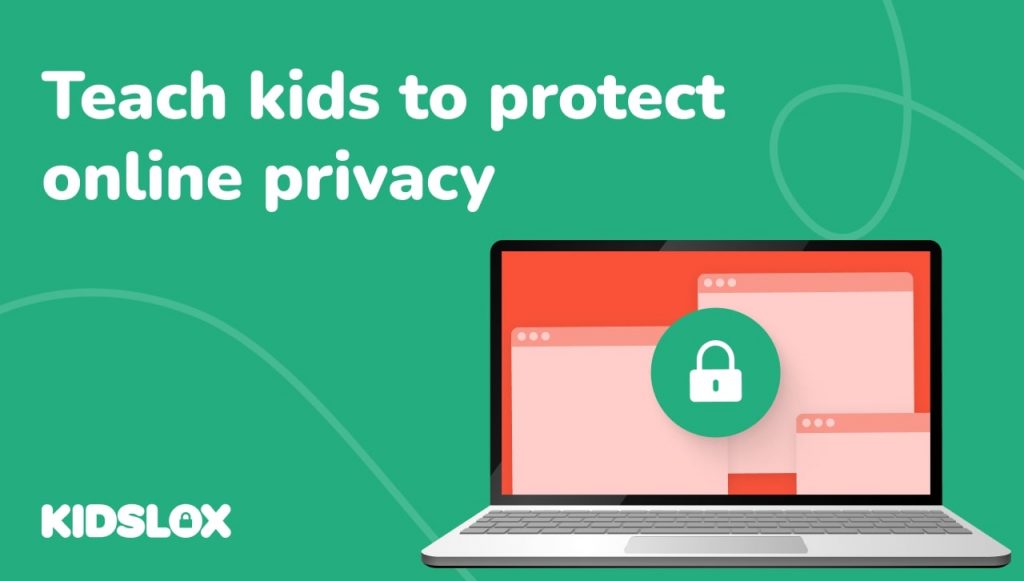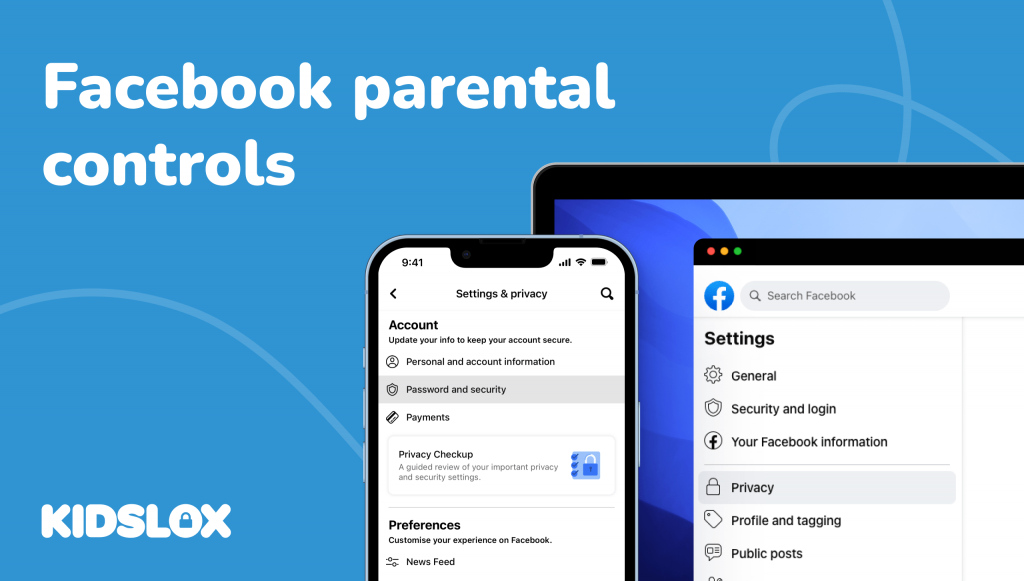Privacy is a significant concern for parents and guardians of children. With the rise of social media platforms and other online services, it can be challenging to keep track of what information our kids are sharing online.
Unfortunately, some companies continue to use deceptive design tactics to get users to share more information than they intended. This practice is known as “Privacy Zuckering,” a tactic named after Facebook CEO Mark Zuckerberg. The name arose following the revelations that Facebook had been collecting and using user data without explicit consent – most notably in the Cambridge Analytica scandal of 2018.
So what exactly is Privacy Zuckering? Put simply, it’s when a company uses cleverly designed interfaces or dark patterns to trick (or sometimes deceive) users into sharing more personal information than they would have otherwise.
This data could include anything from your name and email address to your location data or even credit card details. And while adults will sometimes take steps to avoid falling victim to these tactics, children are often even more vulnerable. That’s why parents and guardians need to take steps to protect their kids from such privacy-invasive practices.
In this next article in our dark design series, we take a closer look at the concept of Privacy Zuckering and discuss how you can protect yourself and your family against it. We will examine how companies use dark patterns to trick users into sharing more information than they would otherwise, as well as provide tips on staying secure online.
What is Privacy Zuckering?
Privacy Zuckering is a dark pattern that tricks users into disclosing more personal information than they had intended to. It is a deceptive design tactic used by big media companies, such as Facebook, to manipulate users into giving up their data.
While most internet users were aware of online data tracking (such as cookies and web beacons) before the Cambridge Analytica scandal, they might not have been aware of Facebook’s tactics to get users to share more information than intended.
In 2018, Facebook was found to have enabled the collection of data from its users without their explicit consent. This data was used by the data-mining firm Cambridge Analytica to target ads to specific demographics. The data collected on users ranged from their political opinions to their religious beliefs. Once collected, the data could be used in a variety of ways:
- Create targeted advertisements based detailed individual profiling
- Create powerful algorithms to suggest content and connections based on demographics or content engagement
- Feed the timeline algorithm to promote particular content that has been shown to sway voting behavior
The Cambridge Analytica scandal in 2018 opened the world up to the reality of Privacy Zuckering and how it can be used for malicious purposes. This sparked a public outcry against the company’s practices and led to increased scrutiny of its privacy policies.
As a result, countries have begun to pass stricter legislation to protect users from Privacy Zuckering and other forms of deceptive design, including the GDPR (General Data Protection Regulation) and the CCPA (California Consumer Privacy Act).
How to Protect Yourself from Privacy Zuckering
While Facebook has come under greater scrutiny for its practices, many other companies and organizations still use these harmful approaches online. In fact, the term has now grown to encompass any type of deceptive design tactic used by companies to manipulate users into giving up personal data.
It’s very difficult to protect oneself and one’s family from this sort of behaviour, especially when it’s practiced by widely used, mainstream services. There are some steps though that families can take to protect themselves from Privacy Zuckering and other dark patterns. Here are a few tips to keep in mind when using social media or making online purchases:
Always Read the Terms of Service
The fine print is always important – and even more so in the age of Privacy Zuckering. Companies will often slip in clauses that allow them to collect user data without their consent, so it’s essential to read the Terms of Service and other legal documents before signing up for any service.
For instance, companies such as Instagram and Snapchat have come under fire in recent years for including clauses allowing user location data collection unless they specifically opt out. By reading the Terms of Service, users can make an informed decision about what data they’re comfortable sharing.
Be Wary of Third-Party Services
Often companies will offer services that allow them access to user data without their explicit consent. For instance, some third-party apps may require access to a user’s location data or contact list to operate.
Before giving any app access to personal information, it’s essential to research the service and find out what data it is collecting, how it uses that data, and if any alternatives are available. If a company seems suspicious or intrusive, it may be best to avoid giving it access to user data.
Be Aware of Targeted Content and Advertising
Sometimes, the best way to avoid Privacy Zuckering is to be aware of how companies use user data. Companies often use targeted advertising and content to manipulate users into buying products or clicking on certain links.
By recognizing when content is tailored specifically for a user, they can make an informed decision about whether or not to engage with that material. And by digging deeper into your account and checking for particular tracking settings, users can limit the amount of personal data companies have access to.
Understand Legislation for Privacy Protection
Finally, it’s important for users to stay up-to-date with the latest privacy laws and regulations. As mentioned earlier, laws such as GDPR and CCPA have been put in place to protect users from Privacy Zuckering and other deceptive design tactics. You may have seen the addition of “opt-out” messages on websites recently – these are a direct result of GDPR and other legislation.
Rather than simply clicking these pop-ups to remove them, take the time to read the message and understand what data companies are collecting, how they’re using it, and if it’s really necessary. By understanding the laws behind these messages, users can be better informed about protecting their personal information online.
Protecting Children From Privacy Zuckering
While the above tips should help you avoid Privacy Zuckering, it’s also essential to protect children from these practices. Kids may not be aware of the dangers posed by deceptive design tactics, so it’s essential for parents to educate them about online security and privacy.
There are many ways you can help your kids stay safe online, such as:
- Educating them about online security and privacy
- Monitoring their activity on social media and other websites
- Reading the Terms of Service for any services they use
- Research third-party apps before allowing access to user data
- Teaching them how to recognize targeted content and advertising
- Understanding new legislation for privacy protection
- Instruct kids not to share personal information such as passwords or phone numbers with strangers online.
If that all seems like too much. Don’t give up! The simplest approach is to teach children a cautious approach to data sharing. Assume that all sites and apps are engaged in data harvesting and selling practices until you learn otherwise. Where possible, use apps and sites that don’t require signing up, or signing in using your social media profile. Be disciplined about not just joining in with the latest digital trends, challenges, quizzes, etc, but checking what data they collect and be prepared to “miss out” if necessary to protect your digital privacy.
Following these simple steps, parents can help their children stay safe from Privacy Zuckering and other online threats. And as they grow into mature, responsible digital users, they will have greater confidence and control over their online activities.
Stop Privacy Zuckering For Good with Kidslox
In conclusion, Privacy Zuckering is a massive problem in the digital world. By understanding the techniques used by companies to manipulate user behavior, users can try to make informed decisions about what data they’re comfortable sharing online and how best to protect their personal information. And for parents of young children, extra steps must be taken to ensure their kids remain safe and secure while using the internet.
If you want to further protect your privacy online, consider using a parental control app like Kidslox. Kidslox allows you to block apps, block internet access, set time limits for device usage, and more. Kidslox helps you to keep your kids safe while they explore the digital world.
Kidslox also offers helpful tips and tricks to use their parental controls effectively. This guide provides valuable information on how to set up parental controls, manage screen time, and keep your kids safe online.





